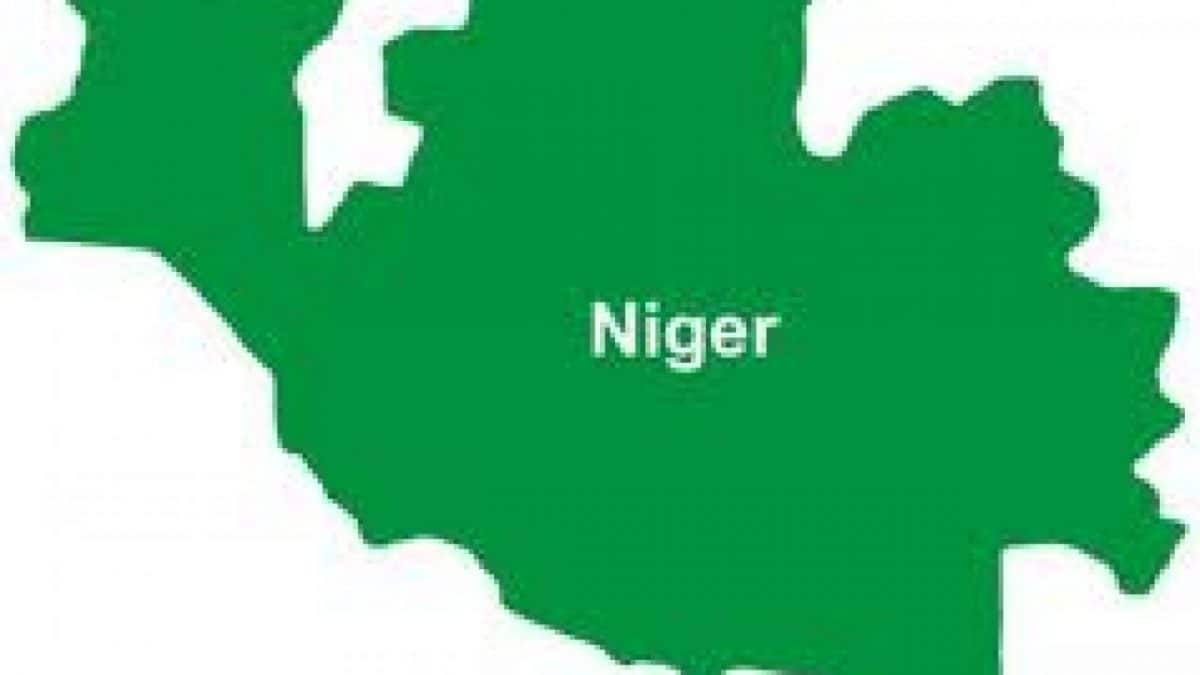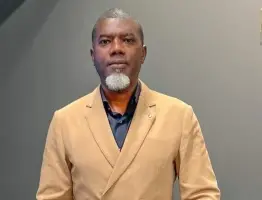The Niger State Commissioner for Justice and Attorney General, Alhaji Nasiru Mu'azu, has clarified that the apparent reluctance of state governors to sign death warrants for condemned inmates stems from complexities within Nigeria's legal system rather than unwillingness.
Speaking in Minna, Mu'azu explained that the delay is primarily due to the extensive appeal processes available to inmates sentenced to death.
"These inmates on death row have the right to go to the appeal court to challenge the decision of their conviction in the high courts within three months of their conviction," he stated.
The commissioner highlighted that the significant backlog of cases in Nigeria's court system often leads to lengthy delays in the appeal process, making it difficult for governors to execute death warrants while legal avenues remain unexplored.
"As a result of the number of cases pending in the Court of Appeal, their cases may not be heard. It may take longer period before their own case can even be listed to be heard in the appellate court," Mu'azu explained.
He added, "After the Appeal Court, they can still go up to the Supreme Court, again, in the Supreme Court, their case may suffer another period of delay. So, it is not as if the governor is refusing to sign the death warrant as you think."
Current Death Row Statistics
According to recent data from the Nigeria Correctional Service, there are currently 3,823 inmates on death row across the country, comprising 3,700 males and 42 females.
The states with the highest numbers of death row inmates are Lagos with 2,055, Kano with 1,300, and Kaduna with 1,250 inmates awaiting execution.
This clarification comes amid growing public discourse about the effectiveness of Nigeria's criminal justice system and the ethical implications of capital punishment in the country.
The situation raises important questions about the balance between justice, legal rights, and the practical administration of sentences within Nigeria's correctional system.
Stay updated on this and other important national issues by following BenriNews on our social media platforms: Facebook, Twitter, LinkedIn, WhatsApp, and Telegram.











